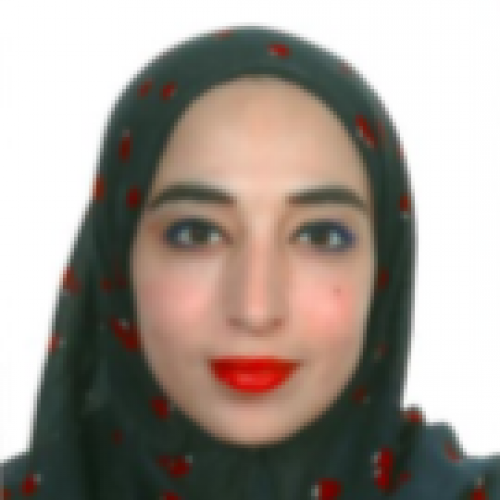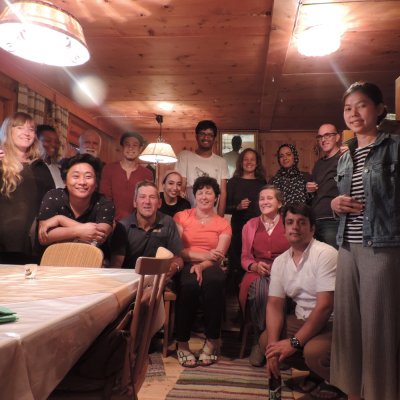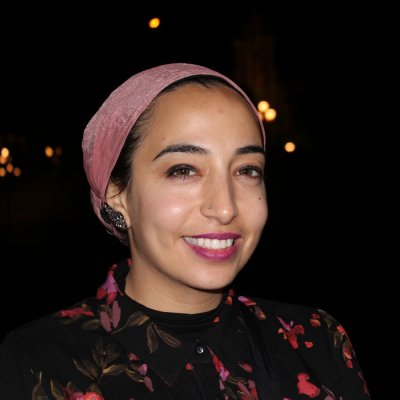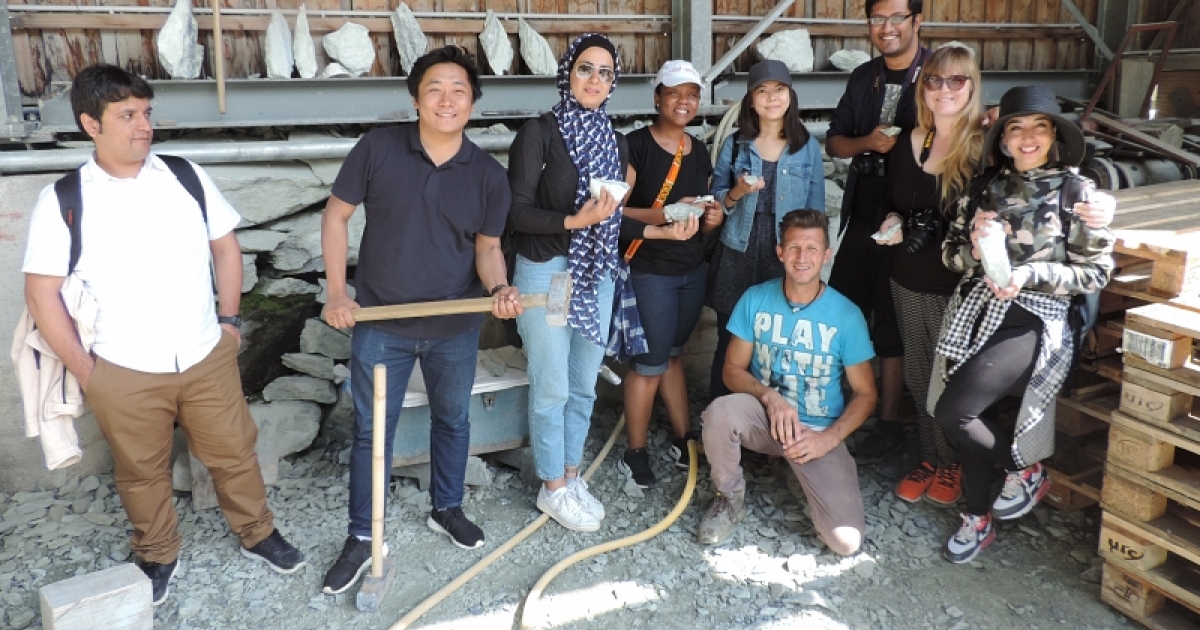“Through mentorship, I moved from theories to implementation”
Arwa Ahmad is a Nutritionist/ dietitian since 2009 with a postgraduate study in the sciences of international health, that sets her to carry projects such as community-based projects in partnership with UNICEF addressing refugees and a patient support program with Axios international. She believes in top-down approaches in every single project or position she held, as a holistic approach towards problem-solving is critical for the survival and the impact of any project in any discipline. She also developed a concept note, she hopes she can implement soon, as she addresses the concept of intimate partner violence through mobile health that can help to improve the reporting and the control of IPV against women and girls in vulnerable settings.
Q: Tell us a few things about your country, and also your life's story!
A: I come from a very small country called Lebanon, I live in the capital Beirut and I was born at the end of a dreadful civil war of almost 17 years old, on the 1990s. I have always been a strong independent woman although I am afraid sometimes and still am of many of the decisions I take, I still find the power to carry myself and make it possible.
My parents showed us through their own practices how to be a decent, transparent and honest human being in all of the life matters.
I studied clinical nutrition and graduated to see that the world is not a clinic only to see that the world is a community, society and bigger sphere, the Globe. A while after I graduated, my mother broke her L2 backbone secondary to osteoporosis, this made me think of the many ideas and campaigns and educative awareness that could have been in place to teach all our mothers of dietary behaviours that could reduce or even prevent osteoporosis over the long run!
I wished I could go back in time, but I could not. I decided instead to pursue my master's degree in International public health and that's where I saw the potential of a societal and global impact. That's where I hope my story will begin.
Q: What is your view of the world as it is today? And how do you define the concept of a better world?
A: Today's world is full of power, but it’s a lost world. I always wondered and still do, why the actions of spreading love and ending hatred are not mentioned in the SDG goals. They define something that is much needed today. This world holds tremendous power, data power, technology power, unity power. The world is promising but it neglects a lot in return, it neglects all vulnerable people, those that cannot keep up will be kept behind. The ugly truth, that should be entirely refused and should be brought to our attention. The world I aspire is a world where social welfare and inclusion are at the basis of national and international decisions at a policy, financial and social level.
Q: What are some of the key challenges in your society?
A: The main key challenges the society faces in Lebanon are many but to name a few:
- Corruption
- Connections
- Sectarianism
- Social barriers
- Stretch of the already existing sectors (health, financial etc....)
- Refugees
- Vaccination/immunization
- Growing healthcare needs that cannot meet the need of the growing population
- Absence of governmental power, leading to chaotic growing systems
- Lack of support to vulnerable population (people with difficulties, elderly etc...)
- Lack of technological growth
Q: Why is the role of a mentor important for you?
A: It is tremendous; a mentor helps you make life decisions, not in the sense of making the decisions for you. But a mentor gives you the experience of years and years of failures and successes, a mentor is a key tool in making ideas on paper, in the implementation process. That's why I signed up, because talking to someone about your ideas, sharing your thoughts and understanding where you stand with the lens of a 10 years experience (the eye of the mentor) is crucial in your life decisions.
Q: Do you have a lesson that life has taught you and you would like to share?
A: es, I learnt that we don't always get what we want, even if we worked so hard for it. You have to be humble, even if it means that you have to try all over again, every single day!!! Even if it means that you start from the bottom again and again and again until you achieve and you reach the place that you aspired. It taught me that the law of attraction is true, that when you run after something and you work so hard for it, even if you failed countless times, you will eventually reach. It also taught me that being honest and transparent is the easiest way to reach and connect with people, the crowd a power that can help raise you up or bring you down.
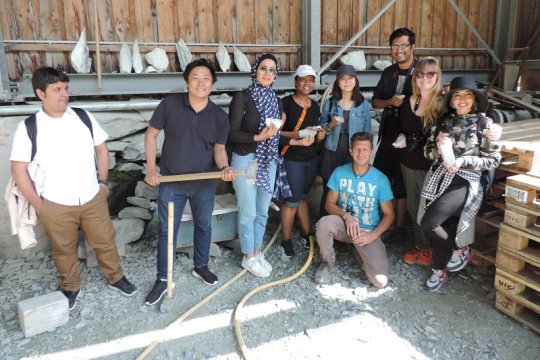
Q: Name a project, a foundation or a person in your country that you think is doing great work in helping improve other people's lives!
A: I think two foundations come to mind, this doesn't mean that they are really wonderful, what I know is very superficial but I find it helpful for people:
- YMCA NGO, they are the leading, actually the only organization that is solely responsible for the distribution of chronic drugs all over the countries PHCC's on time. They also played a role called micro-loans they provide for small businesses and help gather a small amount of money almost 3000$ for the winning project.
- ArcenCiel they are an NGO that provides services for people with difficulties, and the staff they have in their NGO is 50% of people with difficulties.
Q: What are some of the challenges that women in your country face and what efforts are made towards gender equality?
A: Challenges:
- Equal pay
- Emotional, Physical and Sexual harassment in the workplace
- Women don't compromise high levels positions
- Lack of policies that supports women's rights
- Child marriage
- Intimate partner violence is very high ad a taboo in this country.
As for the efforts towards gender equality, efforts are still very few, however the child marriage law has been moved and child marriage is taking great attention on the political level and civil level too.


